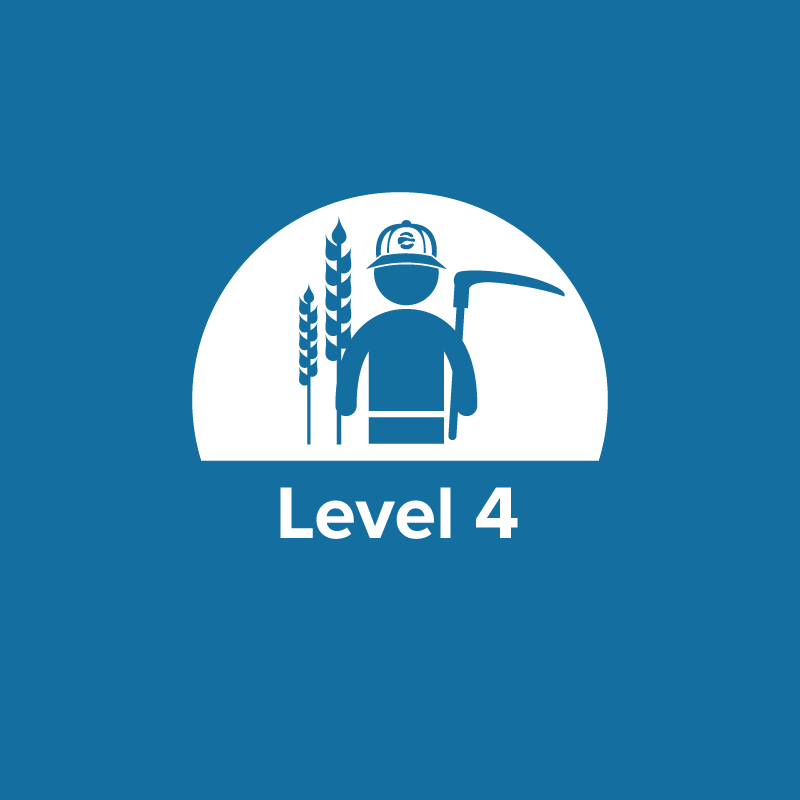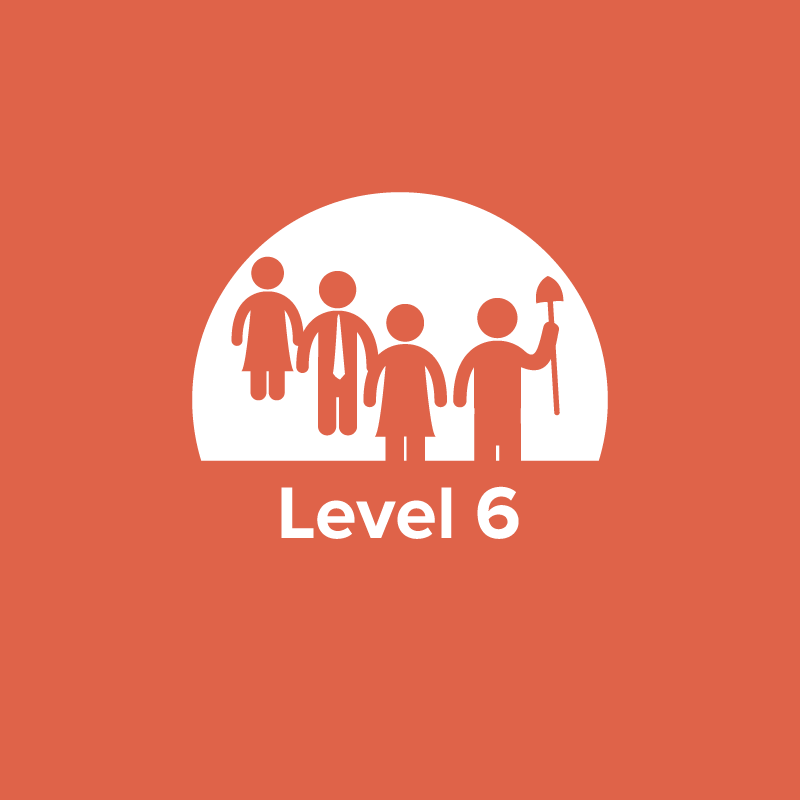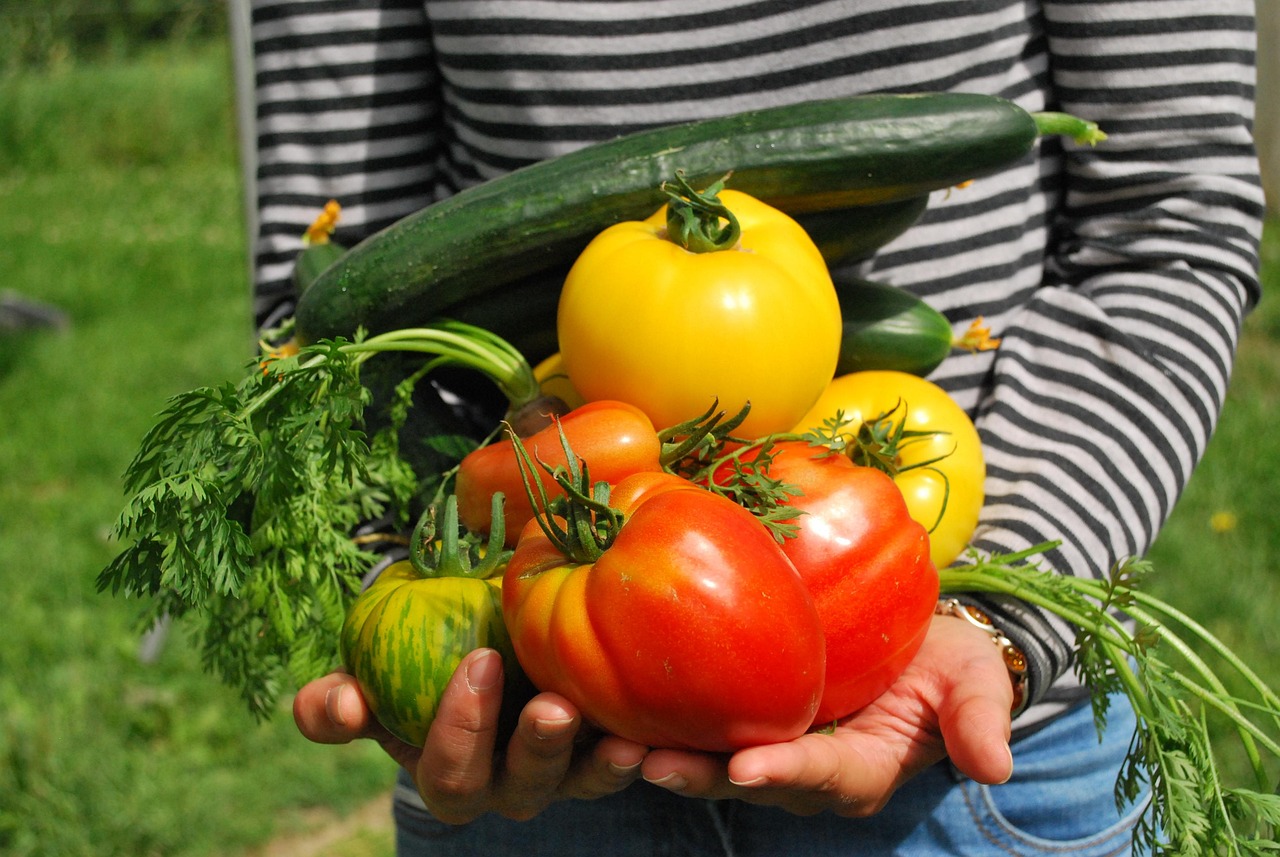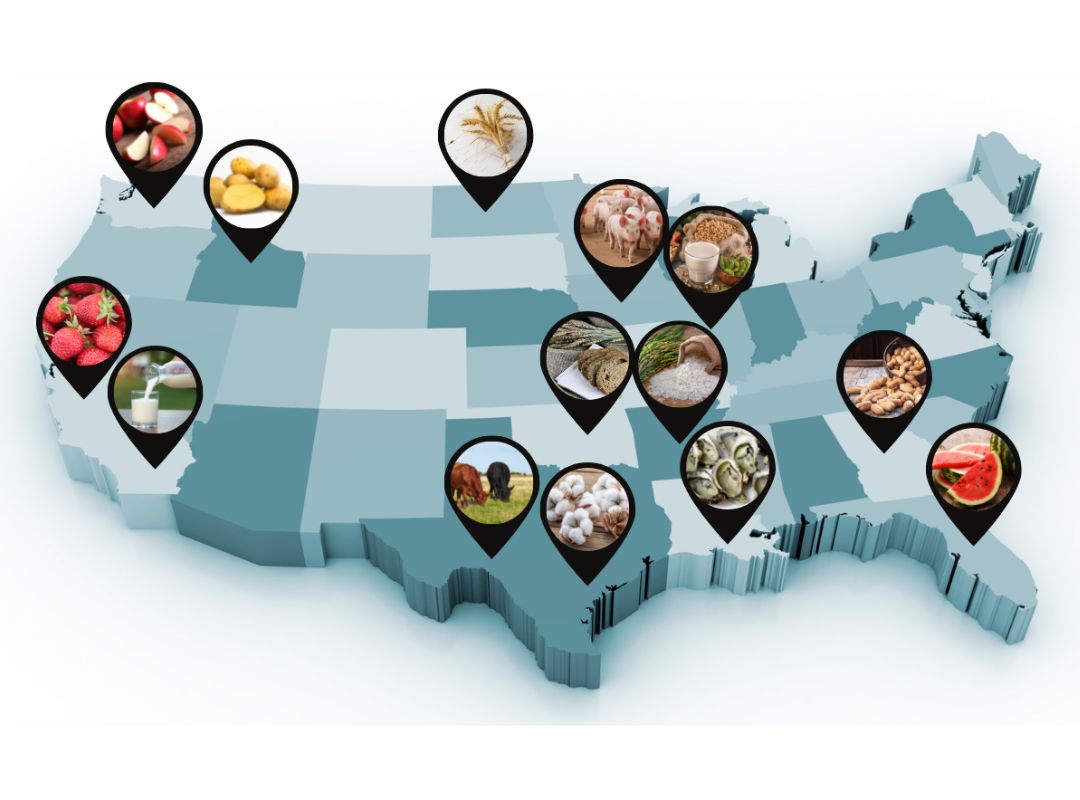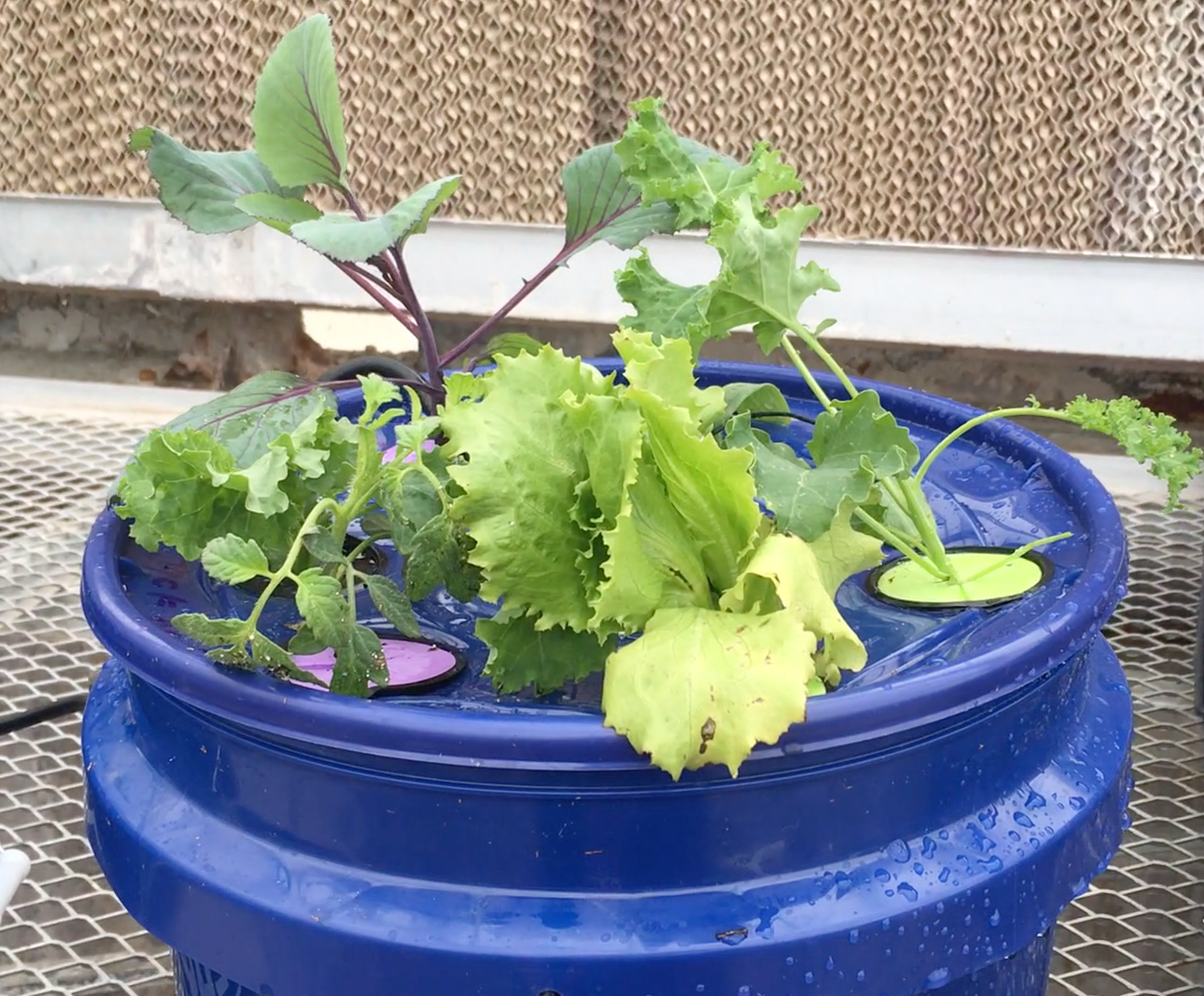Algaculture and Biofuel
Students will use the scientific method to learn about the growth properties of algae and how algae production may be a possible solution to address the global energy crisis. Students will utilize the engineering design process to apply their knowledge about algae growth to create a bioreactor for algae production and discover if biofuel can be made from algae.
